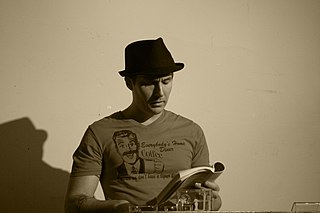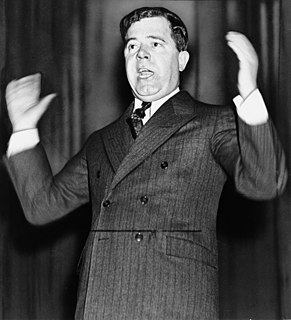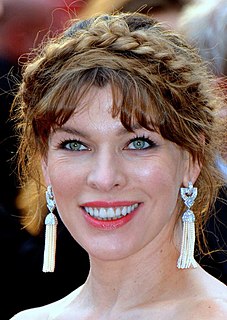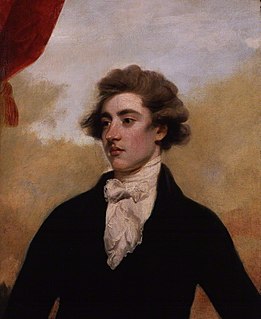A Quote by Joshua Mohr
It was important to buy into the fact that the nine hundred pages an end-reader never sees are just as valuable as the ones that are bound and placed on the shelf.
Related Quotes
The technology involved in making anything invisible is so infinitely complex that nine hundred and ninety-nine billion, nine hundred and ninety-nine million, nine hundred and ninety-nine thousand, nine hundred and ninety-nine times out of a trillion it is much simpler and more effective just to take the thing away and do without it.
Thanks to capitalism, the importance placed on beauty has never been so manipulated. We are the guinea pigs force-fed ads that tell us how pathetic we are: that we will never be loved, happy or valuable unless we have the body, the face, the hair, even the personality that will apparently be ours, if only we buy their products.
When I was fifteen I wrote seven hundred pages of an incredibly bad novel - it's a very funny book I still like a lot. Then, when I was nineteen I wrote a couple hundred pages of another novel, which wasn't very good either. I was still determined to be a writer. And since I was a writer, and here I was twenty-nine years old and I wasn't a very good poet and I wasn't a very good novelist, I thought I would try writing a play, which seems to have worked out a little better.
[Vathek] has, in parts, been called, but to some judgments, never is, dull: it is certainly in parts, grotesque, extravagant and even nasty. But Beckford could plead sufficient "local colour" for it, and a contrast, again almost Shakespearean, between the flickering farce atrocities of the beginning and the sombre magnificence of the end. Beckford's claims, in fact, rest on the half-score or even half-dozen pages towards the end: but these pages are hard to parallel in the later literature of prose fiction.



































